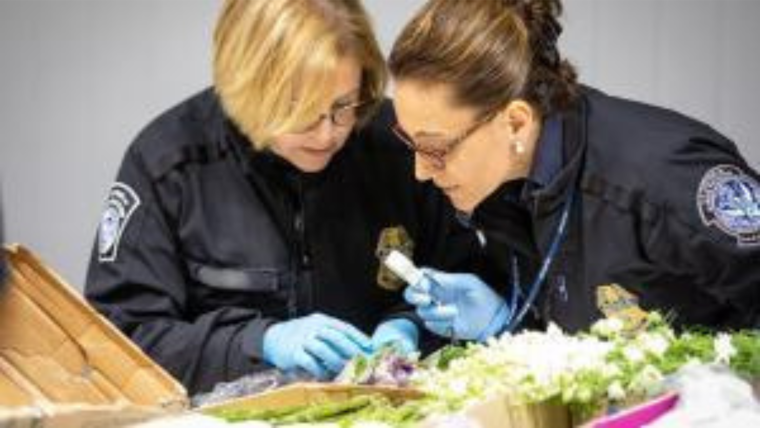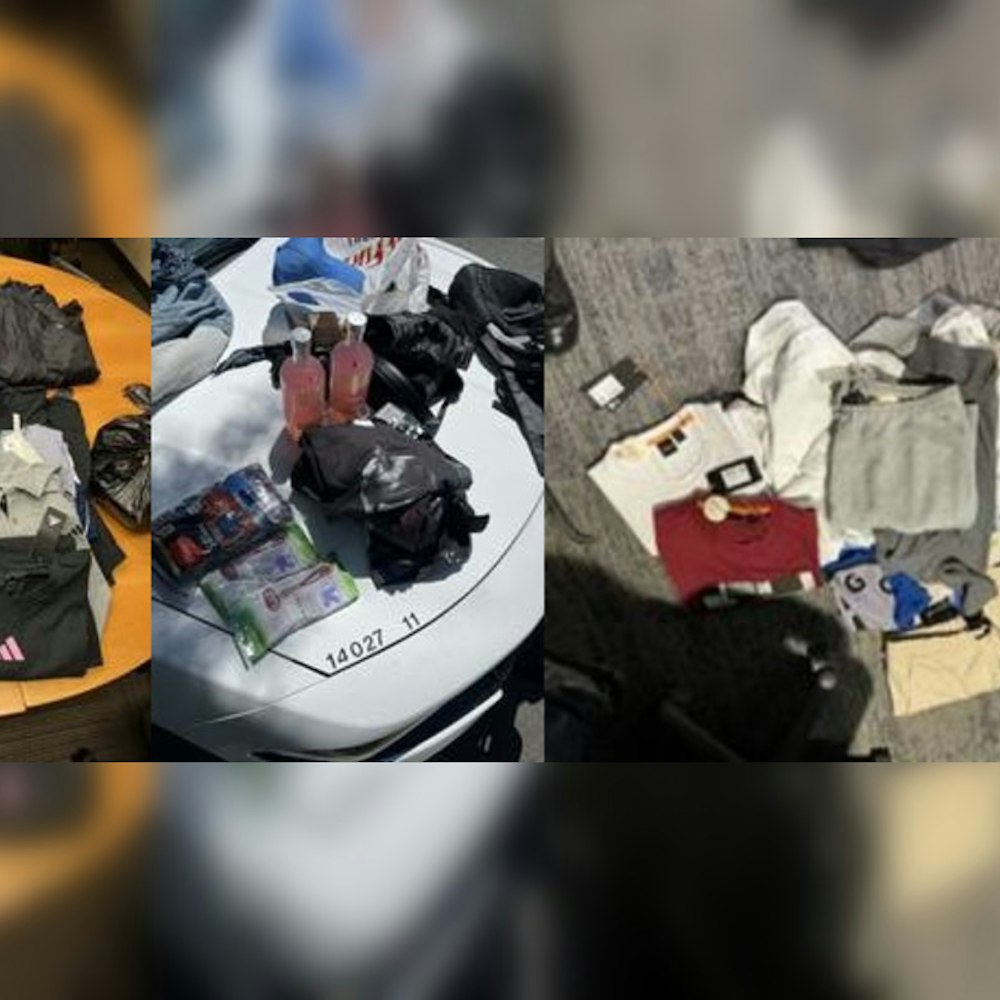
As Valentine's Day approaches, U.S. Customs and Border Protection (CBP) agriculture specialists have ramped up inspections to protect American flora from devastating pests and diseases. San Diego's ports are witnessing increased scrutiny to ensure that imported Valentine's bouquets don't carry unwanted invaders that might put the country's agricultural and gardening sectors at risk. "Protecting the integrity of our floral and agriculture industry from invasive pests and diseases is a top priority for CBP," said Sidney Aki, CBP Director of Field Operations for San Diego, according to a CBP news release.
CBP has pointed out specific flora not allowed through passenger ports of entry, with chrysanthemums from Mexico being on the prohibited list to halt the spread of chrysanthemum white rust, a disease capable of wreaking havoc on local agriculture. These measures are in place as an entire bouquet can be compromised and confiscated if it contains any restricted plant material or hosts pests, as is the case with certain cut greenery. Cut roses and carnations, however, are typically given the all-clear once inspected and deemed safe.
Travelers hoping to cross borders with plant-based gifts must know that potted plants are off the table, particularly when soil-based and from Mexico. Transparency with CBP officers regarding plant and flower declarations can save a lot of hassle and prevent potential fines. A thorough inspection by CBP agriculture specialists clears permissible bouquets, allowing lovebirds to keep their tokens of affection.
CBP advises that proper declaration of all agricultural goods is the best route to avoid run-ins with the law. For those wondering about what's allowed, the CBP website is the go-to resource for information on bringing agricultural products into the United States. Meats, fruits, vegetables, raw eggs, and poultry, especially from Mexico, typically get the thumbs down and will be seized. Keeping up with the latest updates on permitted items is suggested to those traveling across the border.
The dedicated teams at CBP in Southern California do more than just ensure agricultural compliance; they also watch for illegal activities while processing millions of legitimate travelers into the United States. Staying informed is easier by following the Director of CBP’s San Diego Field Office on Twitter at @DFOSanDiegoCA, where they share breaking news, events, and human-interest stories.









